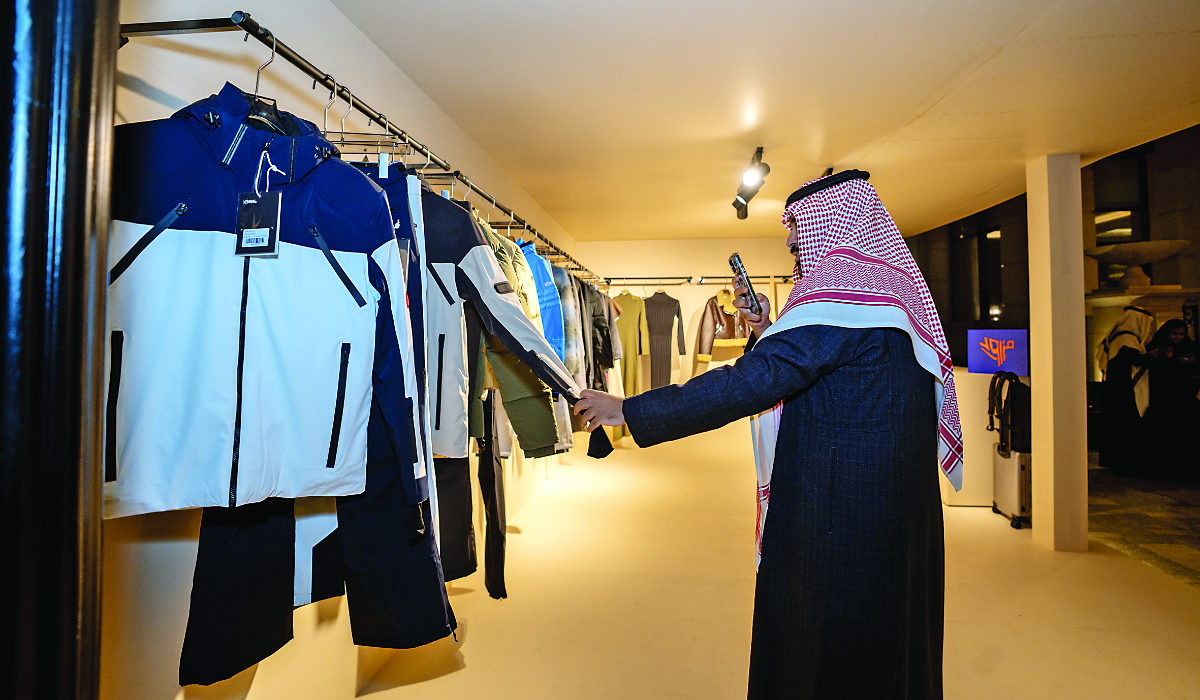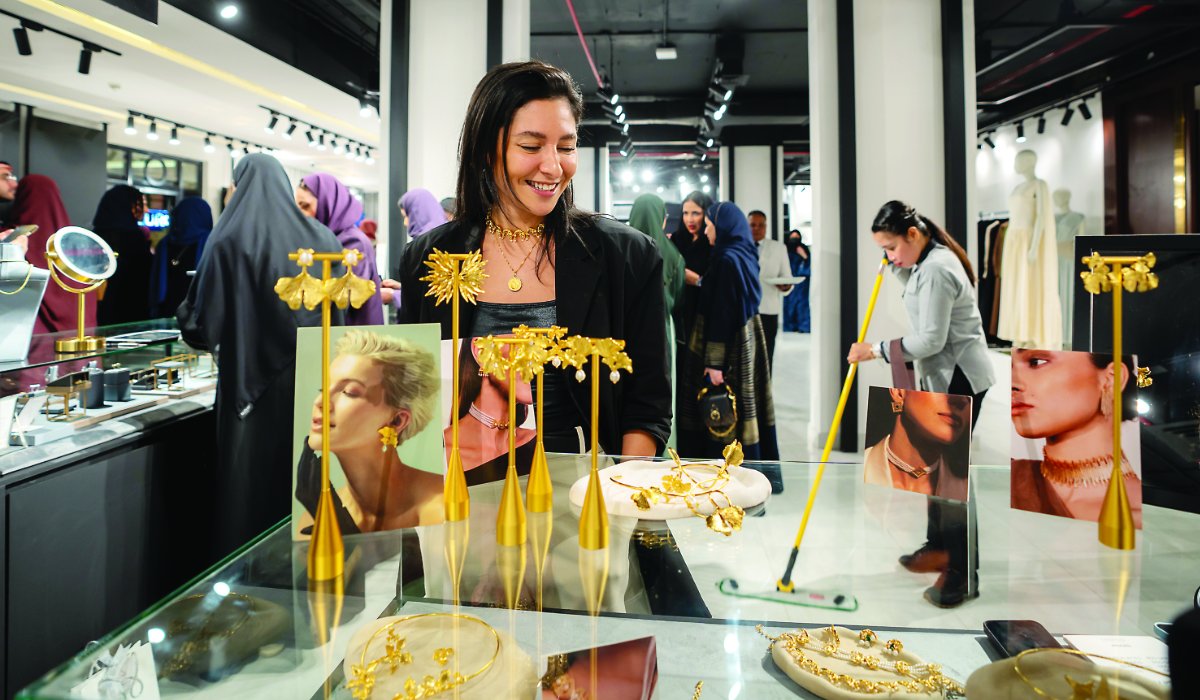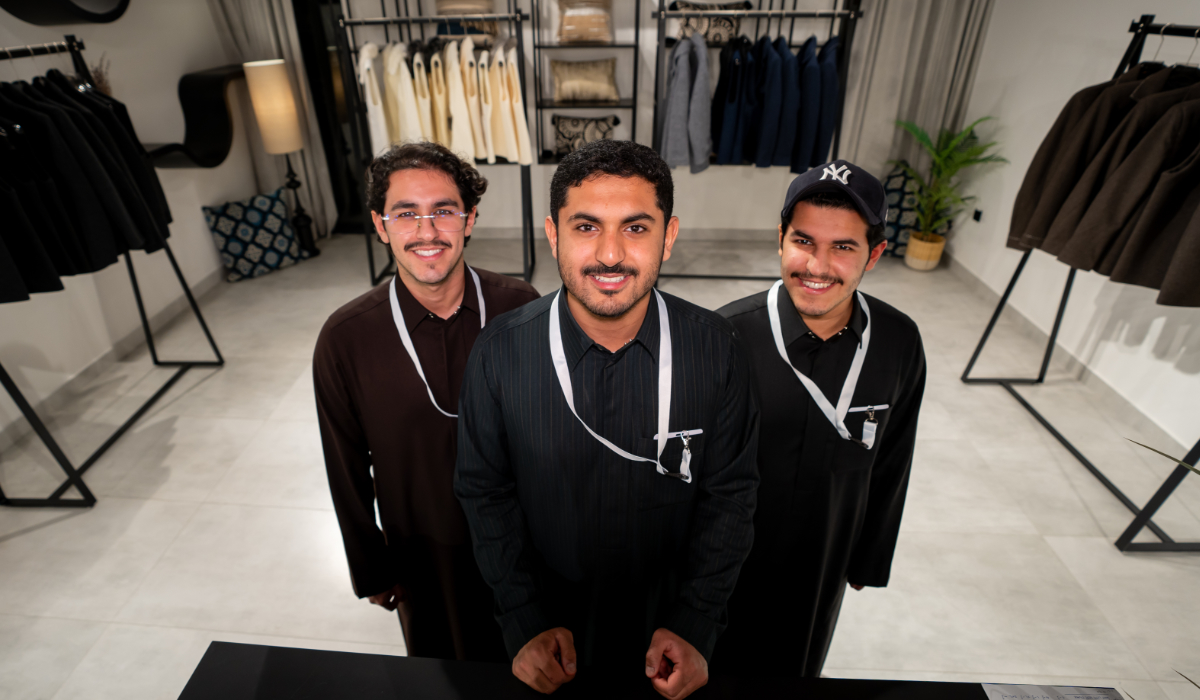Prince Bandar bin Khalid bin Fahd is the first Saudi to climb seven summits and the highest peak on all seven continents, after his successful scaling of Mount Everest on May 19. He is the second Saudi national to ever climb Mount Everest, the highest peak in the world.
Prince Bandar is also the youngest Arab to climb the seven summits at the age of 28, and the fastest to climb them, in only three years and 301 days.
Prince Bandar began his mountaineering career in 2007 by taking courses and undertaking a trek to top Mount Kilimanjaro, the highest peak in Africa, which he successfully accomplished in July 2008.
He said, “Although Mount Kilimanjaro is only a trekking peak, and there is no technical climbing involved, the quick speed of ascent and high altitude made it a formidable task at the time.”
At that point he decided he wanted to climb the seven summits. “When I raised the Saudi flag on the summit of Mount Kilimanjaro, I felt a sense of joy and triumph.”
He continued his quest for the seven summits by becoming the first Saudi to climb each of them: Mount Vinson in Antarctica, Mount McKinley in Alaska, Mount Kosciuszko in Australia and Mount Aconcagua in Argentina. The prince is also the second Saudi to climb Mount Elbrus in Europe. Arab News talked with Prince Bandar about his accomplishments.
You are the first Saudi to achieve this historic feat. How and where did you train for mountain climbing?
“Given that I work fulltime, finding the time and maintaining the necessary exercise regimen was quite difficult. My training consisted of weight training, cardio training and hiking in areas around Riyadh on weekends. I was very lucky to have a good friend who trained with me on weekends. On occasion I’d go up and down the same hiking trail seven times, taking 8 hours or more. It was very mind numbing. We also did rock climbing on a regular basis around Riyadh.”
In a previous statement you said you favor sports that challenge one self and not others. Would you elaborate on this statement?
“One of the most beautiful aspects of mountaineering is that there is no other team. No one has to lose for you to win. Your win or success depends solely on an ability to overcome the harsh situations that arise on mountains and your ability to prevail over your own weaknesses. You and the mountain are your only competitors.”
Have your experiences in mountaineering affected your personal life?
“The influence of the experiences and situations that climbers face certainly has a profound effect on the way that one deals with everyday situations when returning to normal life. Personally I have seen my ability to handle difficult situations more smoothly and I remain more objective when dealing with them. After all, most things in normal life do not compare to the chaos that happens when things go wrong on a mountain and your life is in jeopardy.”
Of all your climbs, which was the hardest and why?
“Climbers will generally tell you that either Everest or McKinley are the hardest of the seven peaks. For me, even though the latter was physically more challenging, Everest posed the toughest challenge, both physical and mental. Climbing Everest takes two months, which is a long and difficult time to be away from home. In addition, 2012 was the second most dangerous year on Mount Everest in the history of mountain climbing. From the first week onward, there was a death every week on the mountain, including some people we knew and others we did not. The largest team on Everest decided to pull out of the mountain this year because of the dangerous conditions. It took a lot of mental fortitude to continue our climb and luckily five out of our team of eight reached the summit. Still, five people from other teams died that same day trying to reach the summit, due to the 100 kph winds and -35 degrees Celsius temperatures. Summit day on Mount Everest took 21 hours of straight climbing and we were awake for 36 hours. It’s hard.”
What is your advice to those interested in mountaineering?
“Climbing is a uniquely fulfilling and satisfying sport. The challenges are immense and so is the reward. It is a dangerous sport and the consequences are serious. So anyone wishing to pursue this sport should do it the proper way with training and by starting with easier mountains.”
You are the President of the Mountain Climbing Development Committee in the Saudi Commission for Tourism and Antiquities. What are the plans for promoting climbing in the Kingdom?
“The main objective is the promotion of rock climbing and hiking-related tourism in Saudi Arabia. Our country has many areas that offer world class rock climbing, such as Ad-Disah, Tabuk, Wadi Abu Oud, as well as in the Asir region and Al-Baha. It is our goal to have people travel to these regions to climb and help generate economic benefits for the people in these areas.”
Would you share with us some of your most exciting stories from your climbs?
“I would love to. I have three stories that I find to be unique and different that happened to me on Vinson, McKinley and Everest. Climbing Mount Vinson usually takes between 10 to 20 days. After completing our climb on day 10, we returned to base camp, where we had to wait out an 18-day storm. We only had food for 10 days and ran out of supplies. Luckily, we able to dig up an old food cache and eat it.
“On Mount McKinley at the 17,200 foot camp, we saw an English climber who was in a bad shape. We decided to take him down with us on one of our rope teams. While on a ridge between the 17,200 camp and 14,400 foot camp, we encountered very strong winds and severe cold. When the rope team with the English climber didn’t show up at a rest point on the ridge for 45 minutes, our guide went to look for them. I agreed with the guide that if he did not come back within 30 minutes, we would go down alone as the weather conditions were causing a dangerous situation. After 45 minutes, I assumed the rest of the team had died and therefore we decided to go down alone to get help. Some of our team members already had frostbite after sitting, huddled in the wind for so long. We later learned that the English climber fell and broke his arm and was too weak to go down. That’s why they were late but they came down safely.
“On the Everest there were many, many stories. I walked over blood-covered ladders to catch a climber and save his life. I ran out of oxygen above a stretch of rock called the “Hillary Step” near Everest summit, one of the most difficult areas on the whole mountain. I was forced to go down without oxygen, which is especially difficult for someone like me as I suffer from asthma. Because of this, I was much slower and colder while climbing. During the 36 hours we were awake, we did not eat because of the lack of appetite at high altitude and I only had one liter of water.
“These are big mountains and difficult situations are to be expected. It is every climber’s responsibility to be prepared for any obstacles. It’s the nature of the sport and one of the aspects that makes it so exciting.”
Did you evere think about death during these times?
Given the number of deaths on mountains, it always occupies a space in the back of one's mind. During the most difficult and dangerous times on mountains, I tend to think about survival and not death. I believe that has allowed me to come through difficult situations safely.”
You’ve climbed the highest peaks on all continents. What will you do next?
“There are more mountains around the world than I could ever dream of climbing. To me, the seven summits are just the beginning of many goals in mountaineering, although I do plan on focusing mainly on rock climbing in Saudi Arabia.”
Saudi athletes have been successful in mountaineering over the past few years even though there are no snow-covered mountains in the Kingdom to train on. What does that say about the Saudi athlete?
“Over the past few years we have seen successes of Arabs on the world's highest and toughest mountains. Even though we live in the desert, we have shown our ability to survive and thrive on difficult glaciated peaks.
“It is clear to me that Saudis have a unique ability to succeed even in the most difficult circumstances. I am sure that in the coming years, with Saudis engaging in different fields of sport, we will see their representation increasing in these sports.
“I look forward to further successes in Arab climbing and I am sure we will see Arabs represented, and winning, in many more sports to come. With the blessings of God, determination and discipline, the sky is the limit.”































